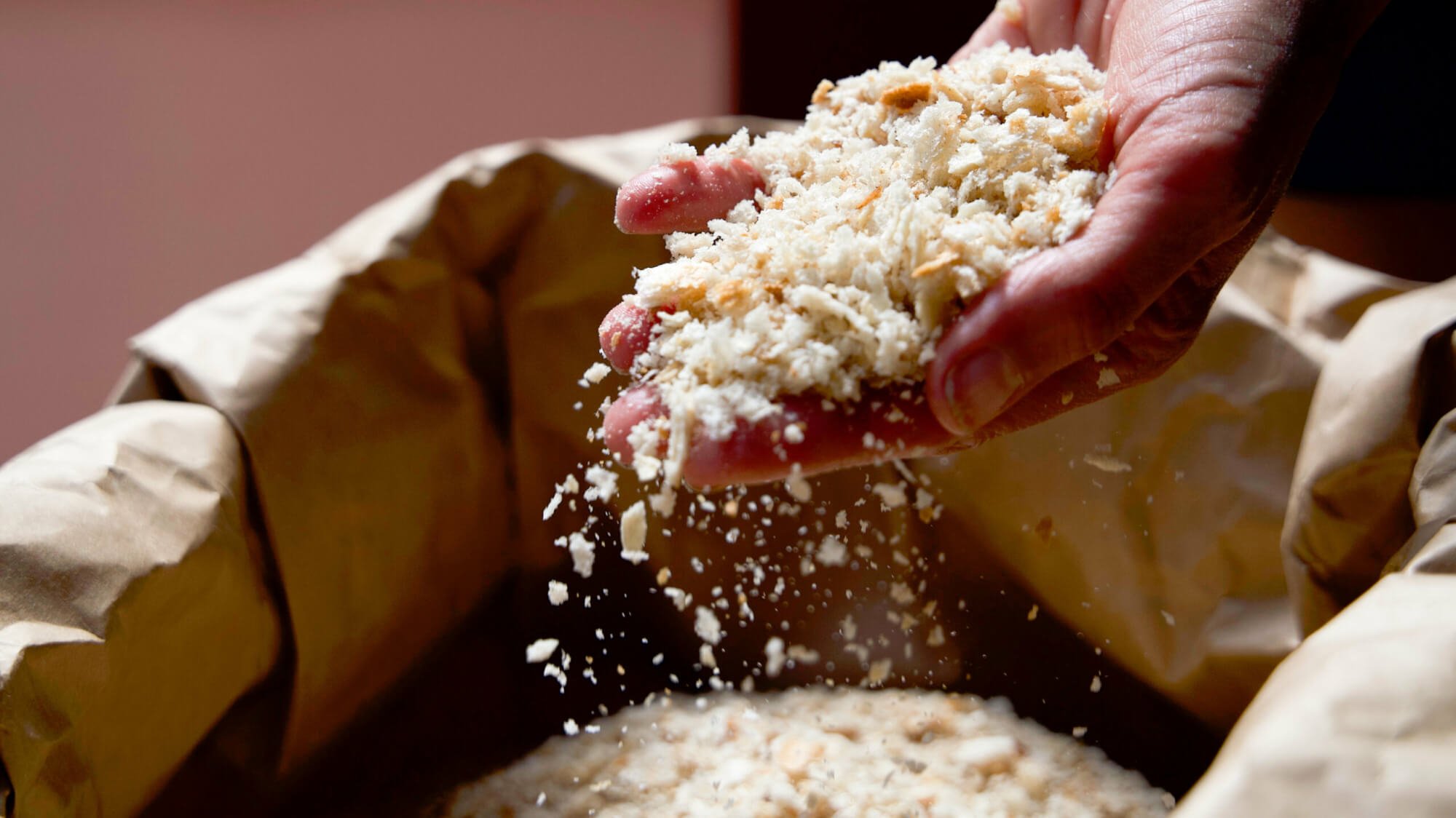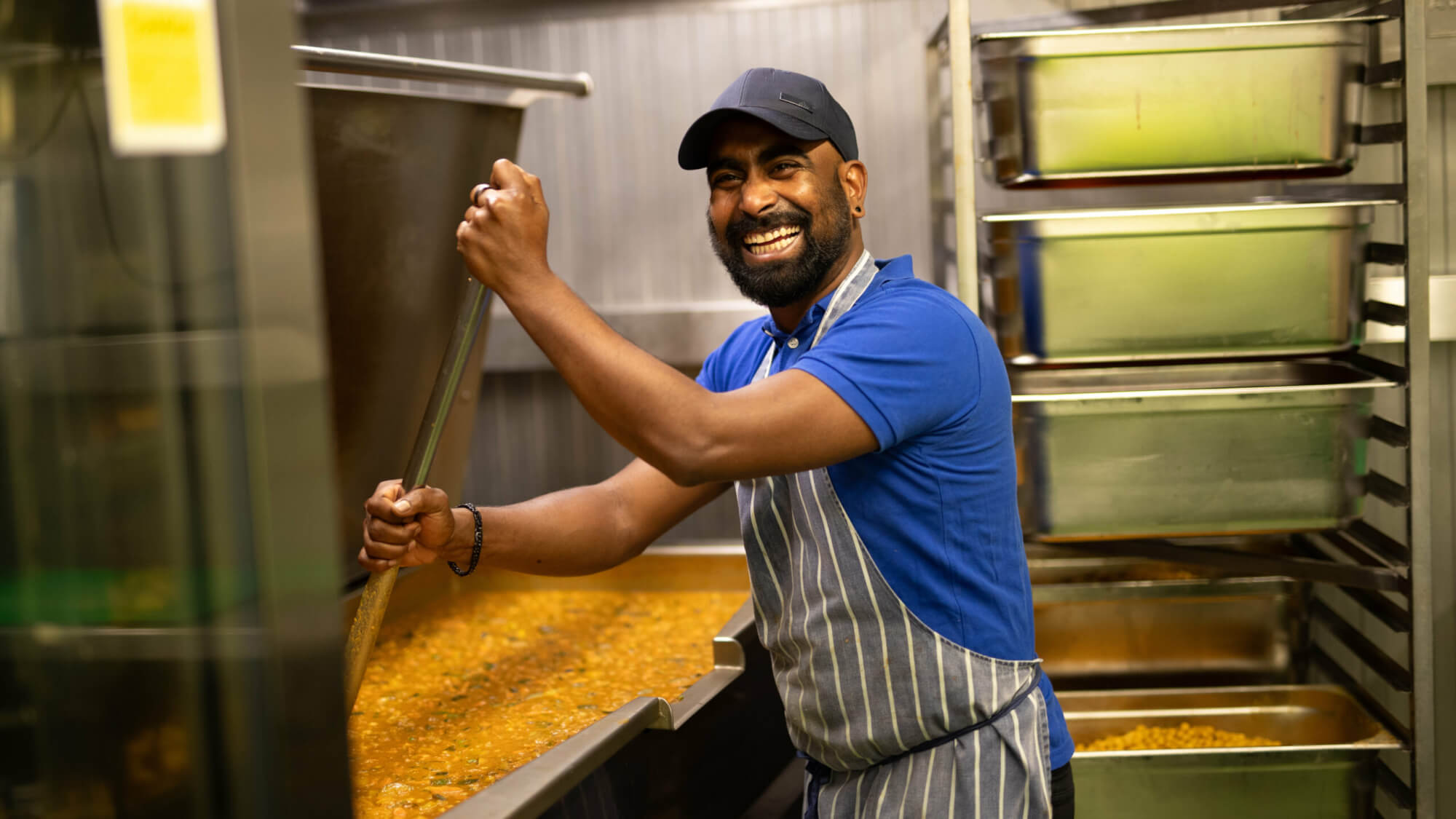Circular Booster
Supported since 2021
Support given:
Redesign
Noodoll, an independent designer, manufacturer and distributor of toys, wanted to explore ways to give toys a second life when customers no longer wanted them, to save them from ending up in a landfill. With support from ReLondon's business transformation programme they were able to pilot and launch their ‘pre-loved' toy shop.
Noodoll’s launch of a pre-loved collection of plush toys upcycled by hand and lovingly transformed into a unique work of art has been well received. Through this pilot, they have also discovered a way to deal with unsold stock as well as returns. Noodoll is still working on collecting second-hand toys for their shop, but through upcycling of personal toys and deadstock they have decreased the amount of new materials needed per toy sale by 67%!What was the challenge?
Noodoll – an independent, female-founded company – designs, manufactures and distributes gender neutral toys and accessories to retailers and consumers across Europe, Asia and USA.
Noodoll’s ethos has always been to offer an alternative to the traditionally wasteful and polluting toy industry. The toy industry is one of the sectors that uses the most plastic in product per unit of revenue (UNEP, 2014) and according to the British Heart Foundation more than a quarter (28%) of UK parents admitted to discarding toys in perfect working order which ultimately ends up in landfill. To limit this, Noodoll is focused on producing good design and quality items.
Noodoll had already launched a “toy surgery” repair service in 2015 to extend the life of their toys and now wanted to take the next step in improving the circularity of their business. They also wanted a new initiative to fuel their growth and decided to launch a resale service for pre-loved Noodoll toys.
What was the response?
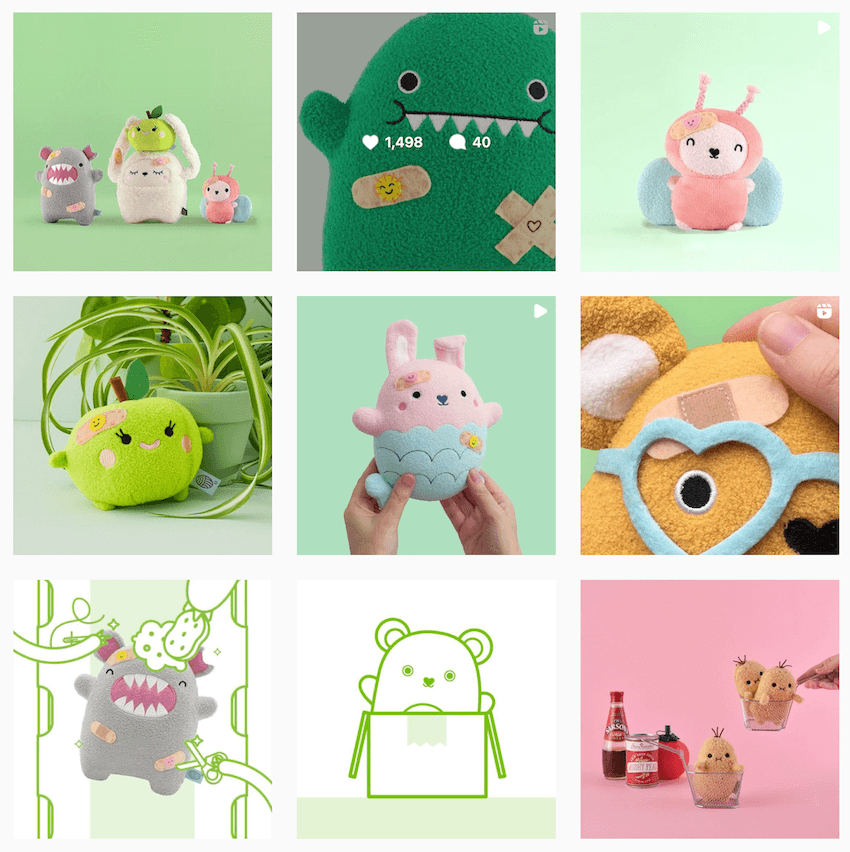
Noodoll believed they could strengthen their business by offering customers the option to return pre-loved toys and buy second-hand. This would offer a revenue stream decoupled from creating new toys, reducing waste and emissions, and ultimately changing the way people view toy ownership. They also projected that the profit margin on receiving, processing, and re-selling toys on their pre-loved shop would be equivalent, or larger, than the profit margin on manufacturing and selling new toys.
Thanks to a grant from the Mayor of London’s Green New Deal fund and support from a dedicated business advisor from ReLondon’s ERDF-funded business transformation programme, they were able to design and pilot this new model.
The main challenge when creating a marketplace is to match supply and demand; Noodoll needed to understand if people wanted to buy pre-loved toys, and whether enough toys would be returned to match that demand – and design the right user experience to make this possible.
Noodoll focused the 6-month pilot on really understanding their customer base through surveys – they explored incentives that would encourage customers to return old toys, as well as what styles and price points would make them want to buy the pre-loved toys and tested people’s willingness-to-pay to make the scheme profitable.
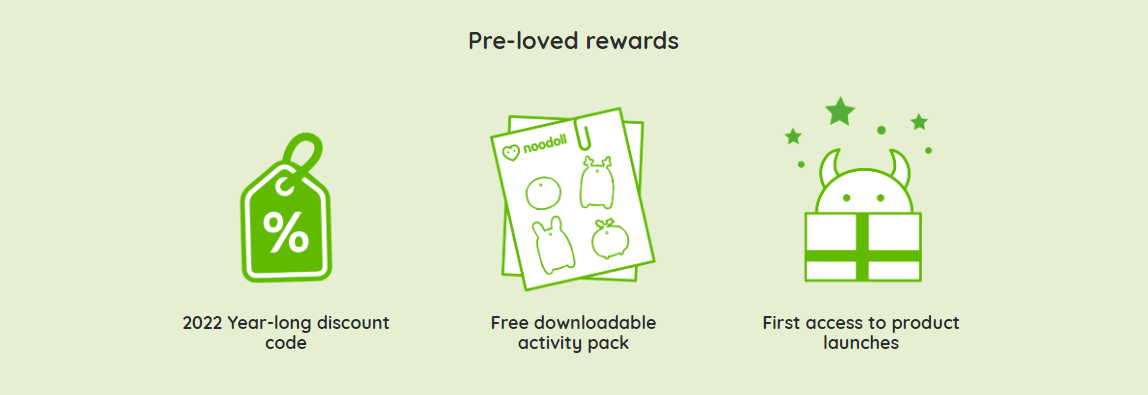
Noodoll found that their customers were enthusiastic about the second-hand shop concept but discovered that the biggest interest came from those interested in buying used toys, rather than returning their old toys. Therefore, Noodoll decided to trial the pre-loved shop by upcycling their own personal toys and unused stock, until they received returns.
“Although Noodoll Pre-Loved has generated a lot of excitement and engagement from our audience, unfortunately we are yet to succeed in convincing anyone to send back a toy! Once our Pre-Loved Shop is launched, hopefully this will encourage people to donate.”
Lucy Harris, Noodoll Designer
What were the outcomes?
‘Pre-loved’ launched in May 2022, with plush toys upcycled by hand with decorative band-aids and sold at a premium. This led to increased online traffic, with visits to Noodoll’s website up 14% in the month following the launch compared to the same period last year. The company markets the pre-loved range as unique works of art (taking inspiration from Kintsugi concept of embracing flaws and imperfections to create an even more beautiful item) and highlights the lower environmental impact of these toys.
By upcycling their own personal toys, photoshoot samples and ex-display items, Noodoll have decreased the amount of new material needed per toy sale by 67%, whilst finding a new solution for unused stock.
Lessons learned & next steps
Through this pilot, Noodoll confirmed that their audience is keen to see the business minimise their impact on the planet. The response to the idea of pre-loved has been overwhelmingly positive. On social media, posts about Noodoll Pre-loved perform consistently high in terms of engagement, comments, followers, and website visits.
Noodoll also confirmed that this circular initiative can potentially reduce their cost of goods sold and offer a viable solution for unused or damaged stock.
The main challenge Noodoll now faces is finding or convincing people to donate their toys back, in order to fulfil their circular vision. In a survey of 161 customers, 88% of people said they wouldn’t return their toys because they aren’t yet ready to part with them. Noodoll markets their toys as “friends for life” and takes pride in their quality and durability; as such, Noodoll are still learning about the ‘use lifetime’ of their toys, which may be longer than the time current customers have had their toys for. Equally, some customers may be more likely to hold on to the toys than others; so, understanding when and how to reach out for returns and to whom, will be part of Noodoll’s next phase of learning.
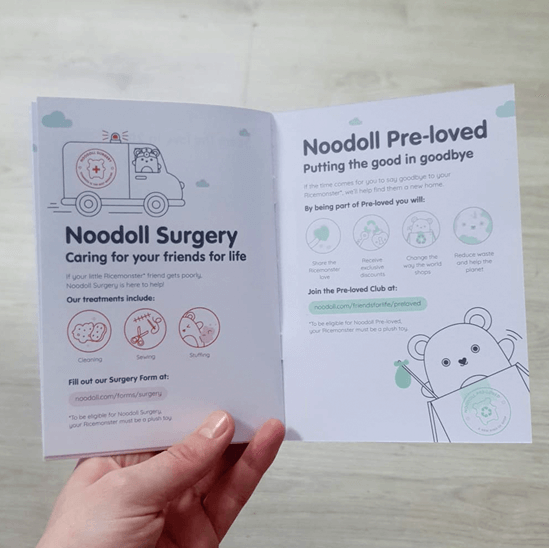
Following this pilot, Noodoll will continue to promote the returns scheme and get to know their audience better through surveys and open conversations to better understand how to improve uptake of the return scheme. For example, Noodoll recently designed new booklets that will be sent out with each order to introduce Noodoll Pre-loved.
“We’re hoping that by including it in our new keepsake booklet, it reaches a wider audience and remains in their minds for longer.”
Lucy Harris, Noodoll Designer
Learn more
To learn more about Noodoll’s Pre-loved range, visit their website.





